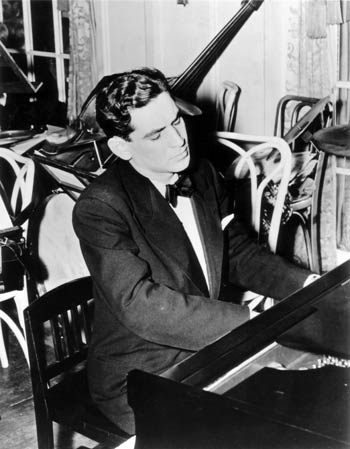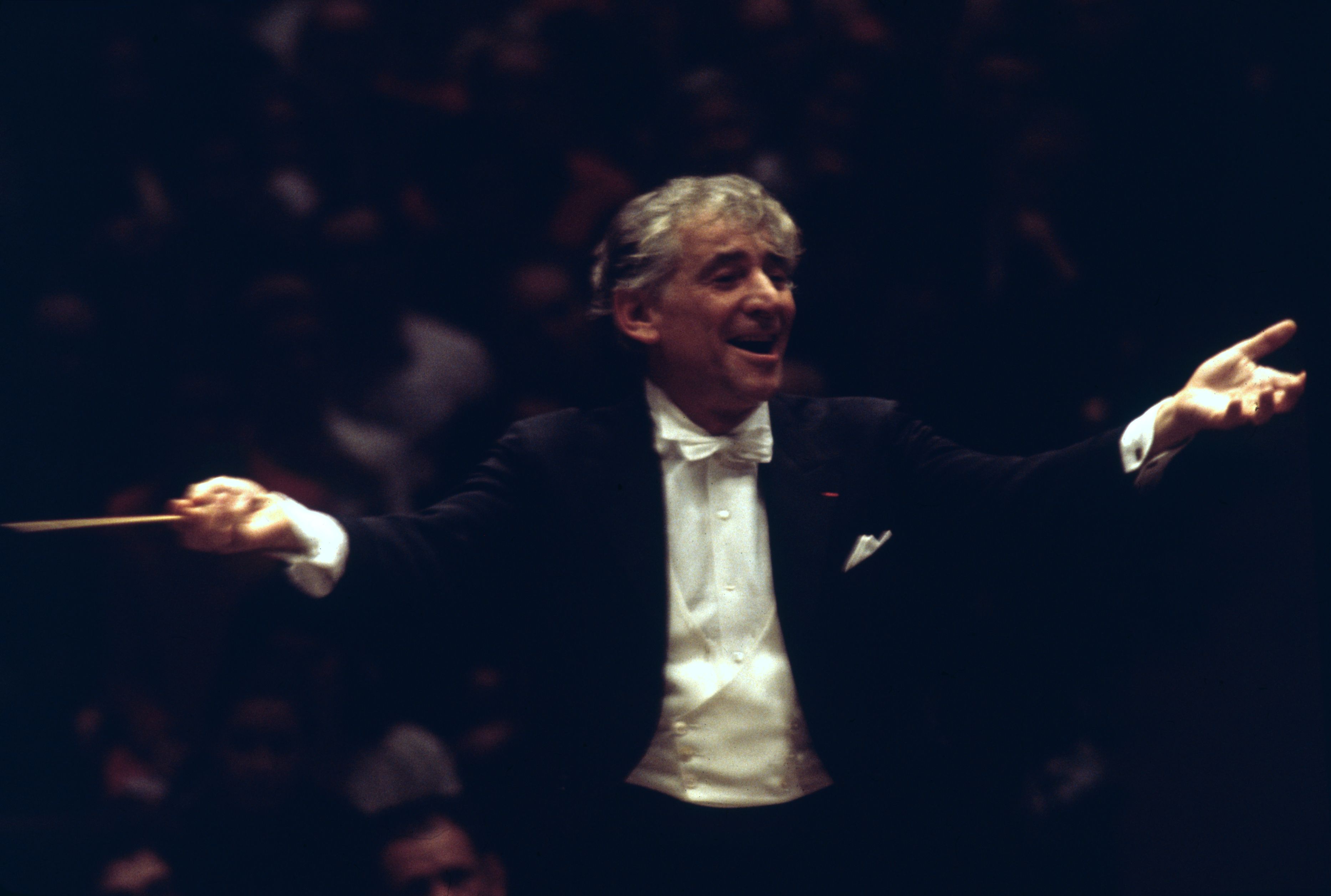


The greater part of Bernstein’s output was sparked by the interaction of his American conditioning and his Jewish heritage, as in Symphony no. During the following decades he was to write some twenty works on Jewish themes-about one quarter of his orchestral works and half of his choral compositions, as well as songs and other pieces that have had broad appeal for Jews and non-Jews everywhere. His earliest memory of music took place somewhere around 1926 at Mishkan Tefila (then located in Roxbury, Massachusetts), where, to quote him from a 1989 interview, “I felt something stir within me, as though I were becoming subconsciously aware of music as my raison d’être.” In fact, his first surviving completed piece was a setting of Psalm 148, which he recalled as having been written between 19. There are, of course, red-hot jazz improvisers or cantors possessed by spiritual fervor who can achieve the best of both worlds simultaneously, as creator and re-creator, and Bernstein, in his own compositions, worked mightily to realize that paradoxical state of controlled spontaneity above all else. A conductor displays his art with a finished product a composer is concerned with the yet-to-be, the making of that product. It is one thing to be carried away as a performer-and quite another matter as a composer. ) This is the article of faith by which Leonard Bernstein lived his life and created his works. His podium manner must have arisen out of a burning need to communicate the composer’s thought process to both orchestra and audience, whatever the physical means required to make it manifest.Īt times it was as if he were-as in the title of one of his songs from On the Town-“Carried Away.” One is reminded of Psalm 35:10, kol atzmotai tomar’na! (All my bones shall express. But was this deliberate conduct? He said no, and certainly never for the show-off reasons faultfinders may have ascribed to him. Early on, critics often were distracted by the maestro’s dancelike style as a conductor. Bernstein as one who was completely involved in worship by always having “his mind in contemplation, his heart in love, his voice in song and his limbs in dance.” Like father, like son. At the 1969 funeral of Leonard Bernstein’s father-at Temple Mishkan Tefila in Chestnut Hill, Massachusetts-Rabbi Israel Kazis eulogized Samuel J.


 0 kommentar(er)
0 kommentar(er)
